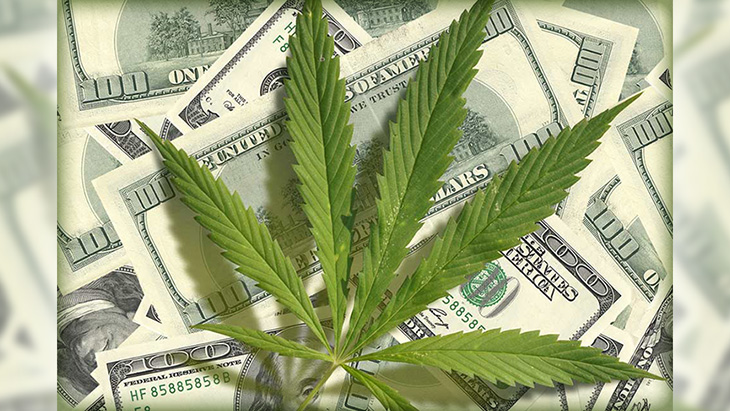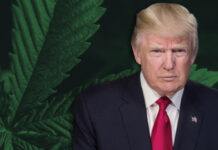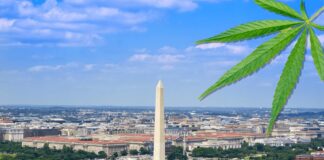
Despite being previously approved by the US House of Representatives, provisions of the Secure and Fair Enforcement (SAFE) Banking Act — which allows state-licensed marijuana-related businesses to engage freely in relationships with banks and other financial institutions — will not be included in the final version of the NDAA funding package.
NORML previously sent a letter to Congressional Leadership arguing that SAFE Banking is germane to the package and therefore should not be removed from the bill in conference committee. NORML’s letter stated:
NORML maintains that the NDAA is an appropriate vehicle for the SAFE banking provisions. According to the American Legion, nearly 1 in 4 veterans report consuming cannabis. Most do so because of its therapeutic effects to mitigate symptoms of a physical or mental ailment.
To date, a supermajority of US states and territories have enacted medical cannabis programs, and close to half of the total American population now lives in jurisdictions where adult-use of the substance is permitted under state law.
Yet the ability of businesses to operate in a way that provides safe and affordable access to cannabis is unnecessarily difficult because of their ongoing lack of access to basic banking services.
The legislation was added to the NDAA on a voice vote in September, but it received a mixed reception from members of the Senate as to whether or not the NDAA was an appropriate vehicle for it.
Regarding the language’s removal from the NDAA, NORML Political Director Justin Strekal said, “It is unfortunate that Congress failed to take this opportunity to affirm the legitimacy of state-legal marijuana markets and instead acted in a way that will continue to deny this emerging legal industry access to basic financial tools and services. Until Congressional action is taken, state-licensed marijuana businesses and those millions of Americans that patronize them will continue to be at a higher risk of robbery due to the all-cash nature of this industry. Furthermore, smaller entrepreneurs who seek to enter this industry will continue to struggle to compete against larger, more well-established and well-capitalized interests.”
Colorado Representative Ed Perlmutter, sponsor of The SAFE Banking Act, vowed to keep trying to move the bill to the President’s desk, reiterating that he “isn’t raising the white flag on this thing.”
In April, members of the House of Representatives also passed The SAFE Banking Act as a stand-alone bill with strong bipartisan support. In the past two years, Representatives have advanced the legislation to the US Senate on five separate occasions.
Why NORML Supports Passage of HR 1996: The Safe Banking Act:
Federal law currently defines all marijuana-related endeavors as criminal enterprises, including those commercial activities that are licensed and legally regulated under state laws. Therefore, virtually no state-licensed cannabis businesses can legally obtain a bank account, process credit cards, or provide loans to small businesses and entrepreneurs.
In this environment, the rapidly growing multi-billion dollar cannabis industry must operate largely on a cash-only basis, which makes businesses more susceptible to theft and more difficult to audit. This ongoing federal prohibition also places the safety and welfare of these businesses’ customers at risk, as they must carry significant amounts of cash on their persons in order to make legal purchases at retail facilities.
NORML also believes that by passing The SAFE Banking Act, Congress will be on record facilitating and legitimizing the state-legal cannabis marketplace — marking the first time that the legislative body has ever done so.
For these reasons, NORML has long advocated that federal lawmakers vote “yes” on The SAFE Banking Act.










